Maria Beatrice Giovanardi and a small team of fellow women launched a petition to draw attention to the Oxford Dictionary's definition of "woman."
The petition was launched in time for International Women's Day on March 8 and already has more than 33,000 signatures in favor of the revision.
While doing research, Giovanardi came across the definition of "woman" in the Oxford Dictionary and realized how offensive and troubling the definition, its synonyms and examples of the word are. She and a group of colleagues prepared a petition, seeking signatures for a change to be made in the dictionary to a more updated, advantageous definition, and had it ready for International Women's Day.
Giovanardi explained in the petition:
"Have you ever searched online for the definition of a woman? 'B***h, besom, piece, bit, mare, baggage, wench, petticoat, frail, bird, bint, biddy, filly' - these are the words which the Oxford's English Dictionary online tells us mean the same as 'woman'. This sexist dictionary must change."
Giovanardi additionally pointed out the sentences that are included in the online dictionary that currently serve as examples of how to use 'woman' in a sentence.
Giovanardi noted:
"Right now under the definition of 'woman' the Oxford's English Dictionary gives the following examples:"
"'Ms September will embody the professional, intelligent yet sexy career woman'"
"'If that does not work, they can become women of the streets'"
"'male fisherfolk who take their catch home for the little woman to gut'"
"'I told you to be home when I get home, little woman'"
Giovanardi emphasized the impact of these sample sentences.
"These examples show women as sex objects, subordinate, and/or an irritation to men."
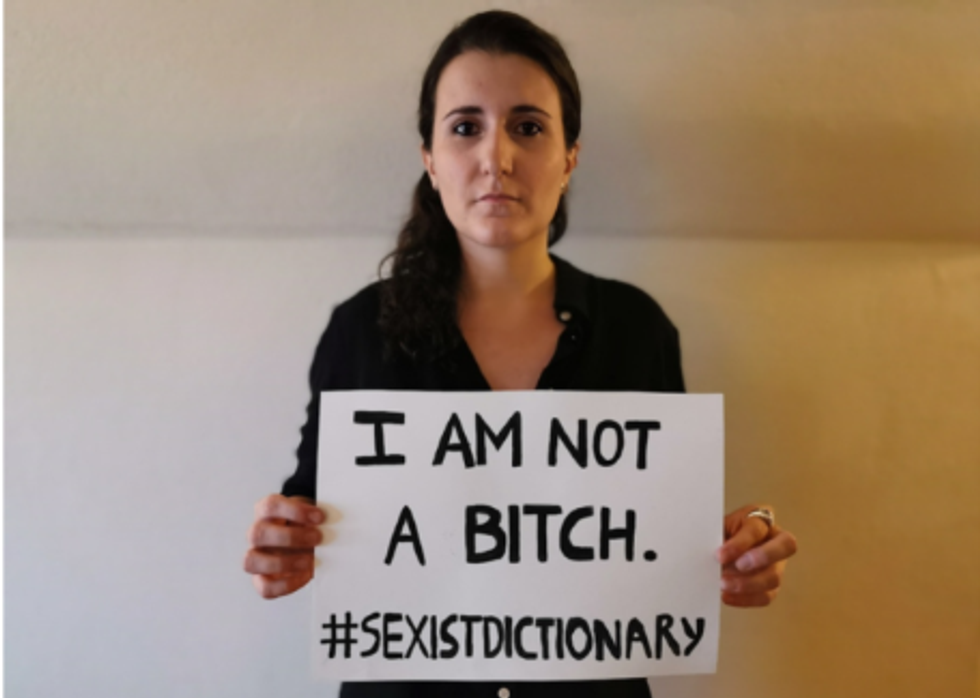
Giovanardi also shared her reasons behind creating the petition:
"I felt I needed to point out the obvious – that not describing men and women in an equally respectful way, disadvantages women because it perpetuates negative stereotypes that present women as lesser beings, which in turn influences the way women are talked about and treated."
"This is just one of many examples of everyday sexism and how mainstream culture frequently dehumanises women by portraying them as sex objects or subordinate to men."
She also noted that though some anti-trans campaigns currently use the word 'woman' to argue against the validity of trans women and lesbian women, this petition is not meant to support their campaign ideology.
Instead, Giovanardi means for the definition to be updated to match the positive nature of the definition of 'man', and to also be more inclusive for all who identify as women.
"The campaign to change the dictionary's sexist definition is not only calling for the removal of derogatory terms and synonyms for woman, but also for the inclusion of LGBTQ terms to describe women i.e, trans woman, lesbian woman etc."
Despite some backlash from the anti-trans community, responses have otherwise been overwhelmingly positive, including almost reaching their signature goal in less than a week.
Giovanardi said:
"Huge thanks to everyone who joined us in calling this out."
"We were anticipating people to be outraged but we were not expecting thousands of people to support our call."
Reactions on Twitter have been a little more mixed, however.
In response to the wildly successful petition, the Oxford Dictionary has made the decision to update the definition of woman to be more contemporary and inclusive, as well as updating examples and synonyms for the term. They plan to make the updates available within just a matter of weeks.
This was an extremely important edit to catch and correct, and it's wonderful to see the positive conversation that's growing around what the definition of the term 'woman' should be.
It will be interesting to see how the response grows in the coming days, as well as when the new definition is made available to the wider public.

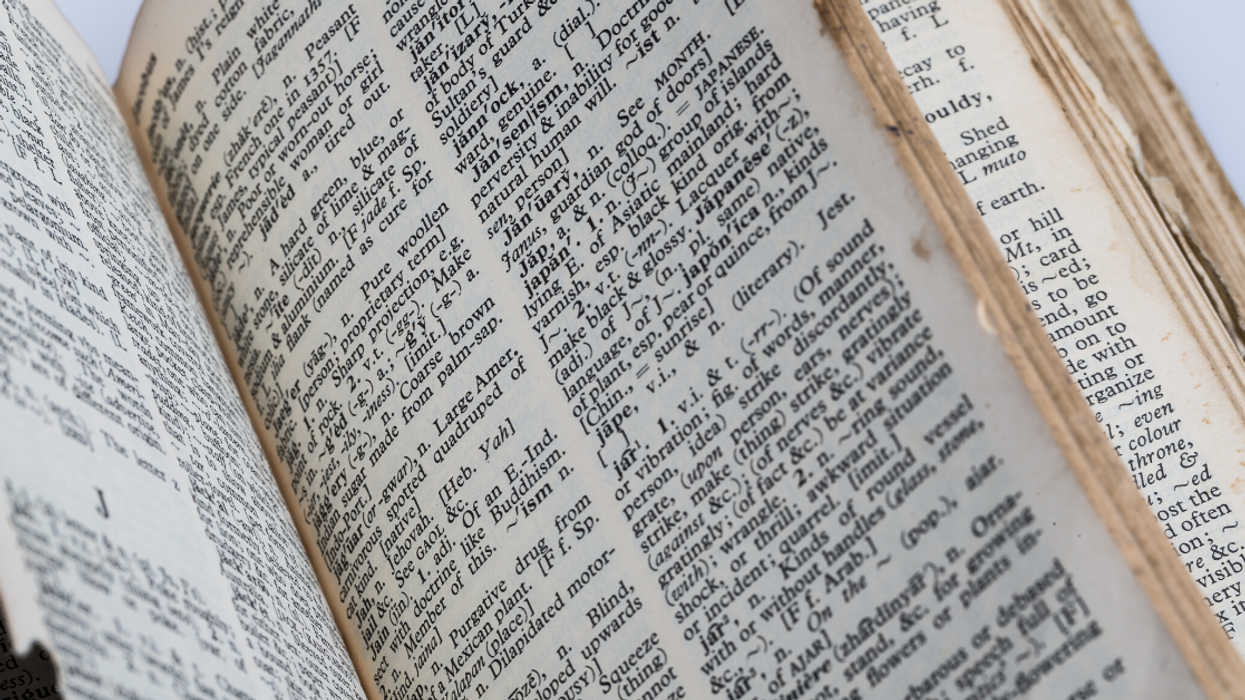


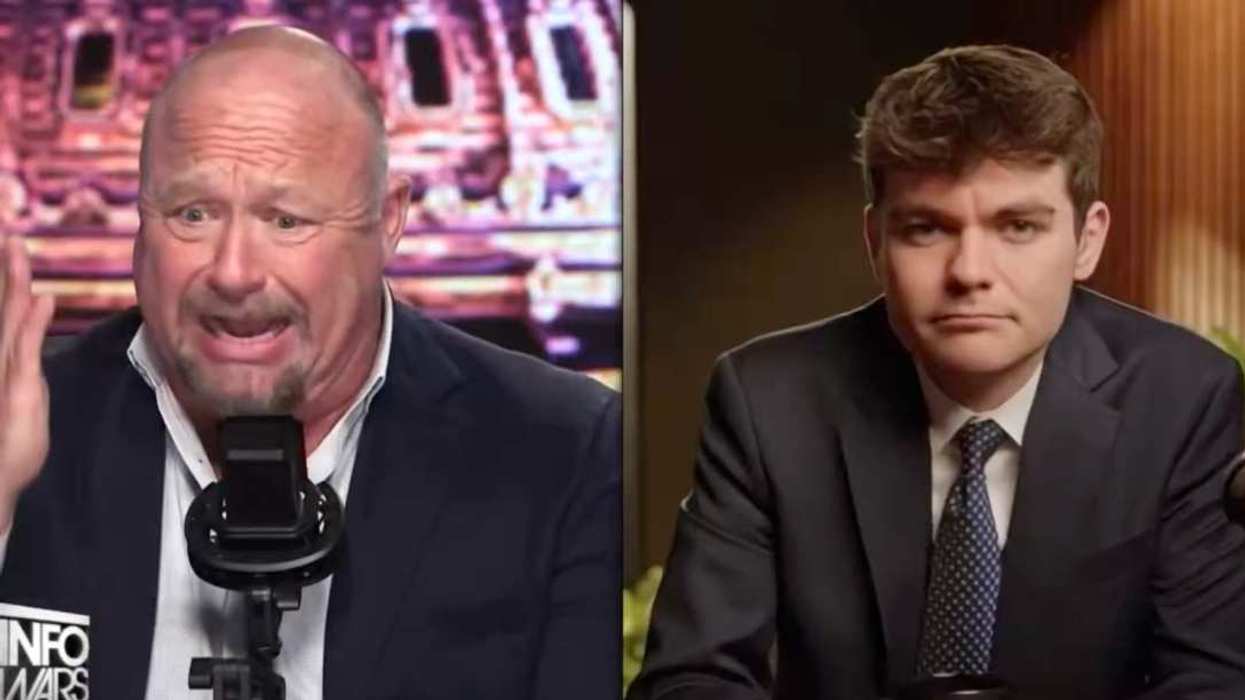





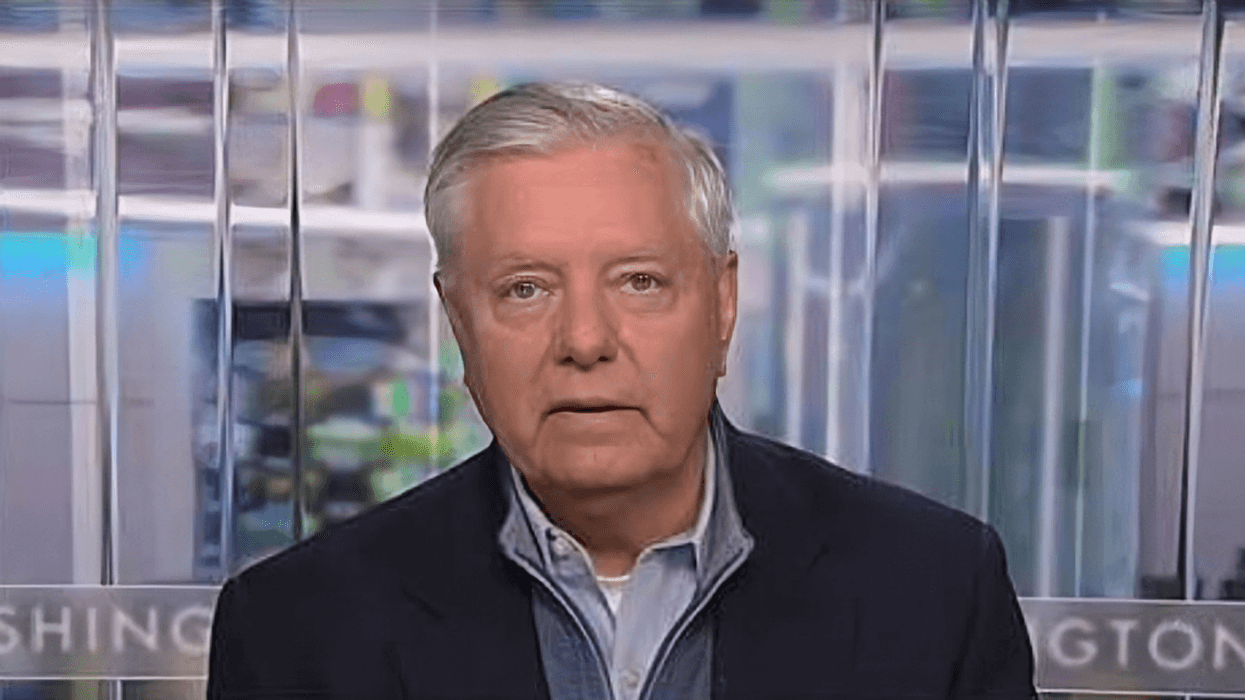


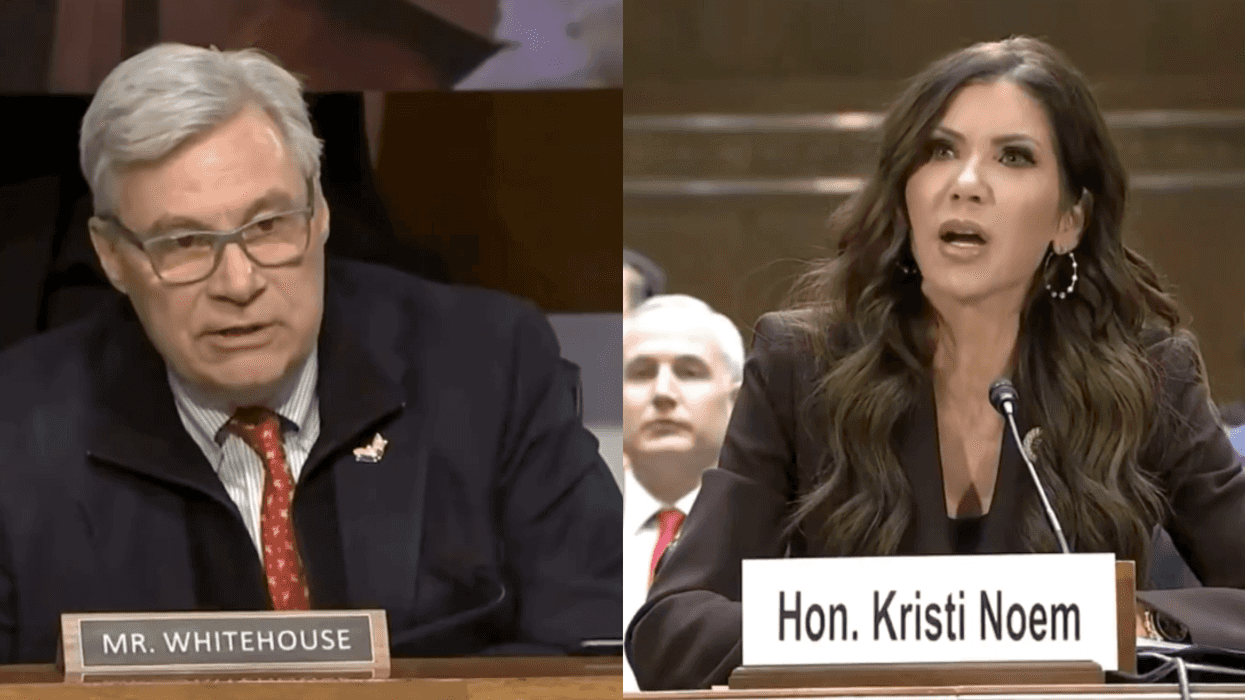
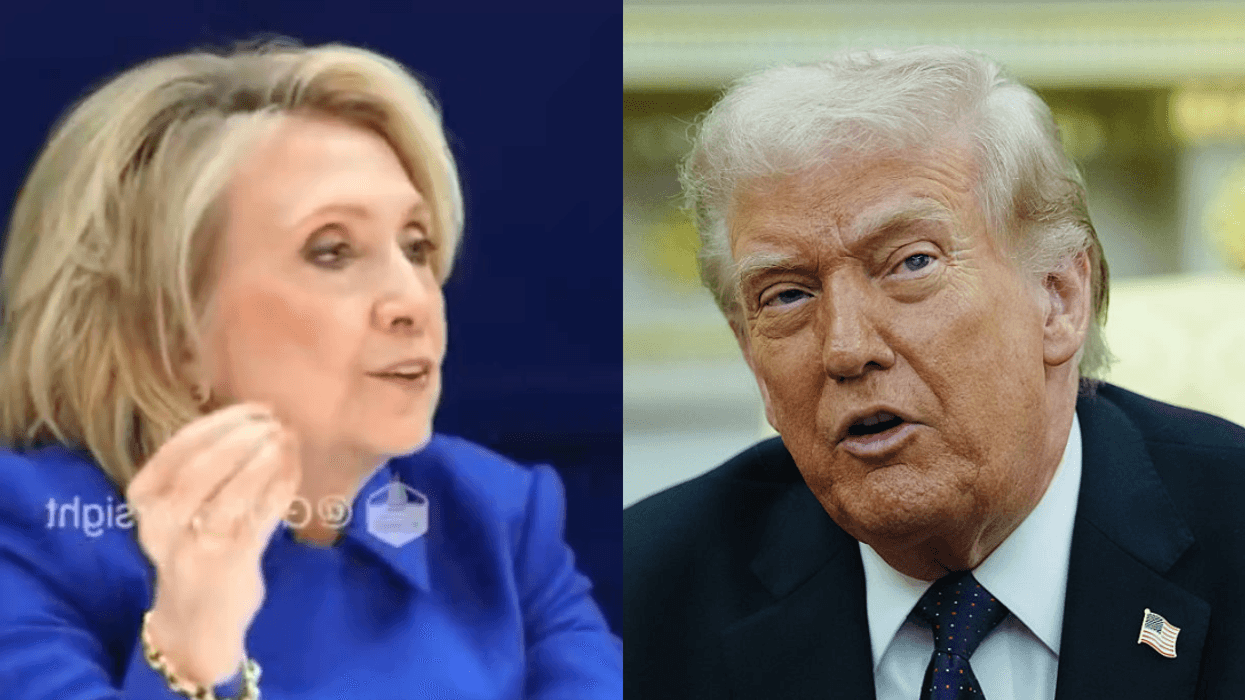

 @CNN/Instagram
@CNN/Instagram @CNN/Instagram
@CNN/Instagram @CNN/Instagram
@CNN/Instagram @CNN/Instagram
@CNN/Instagram @CNN/Instagram
@CNN/Instagram @CNN/Instagram
@CNN/Instagram @CNN/Instagram
@CNN/Instagram @CNN/Instagram
@CNN/Instagram @CNN/Instagram
@CNN/Instagram @CNN/Instagram
@CNN/Instagram @CNN/Instagram
@CNN/Instagram @CNN/Instagram
@CNN/Instagram @CNN/Instagram
@CNN/Instagram @CNN/Instagram
@CNN/Instagram @CNN/Instagram
@CNN/Instagram @CNN/Instagram
@CNN/Instagram @CNN/Instagram
@CNN/Instagram @CNN/Instagram
@CNN/Instagram @CNN/Instagram
@CNN/Instagram @CNN/Instagram
@CNN/Instagram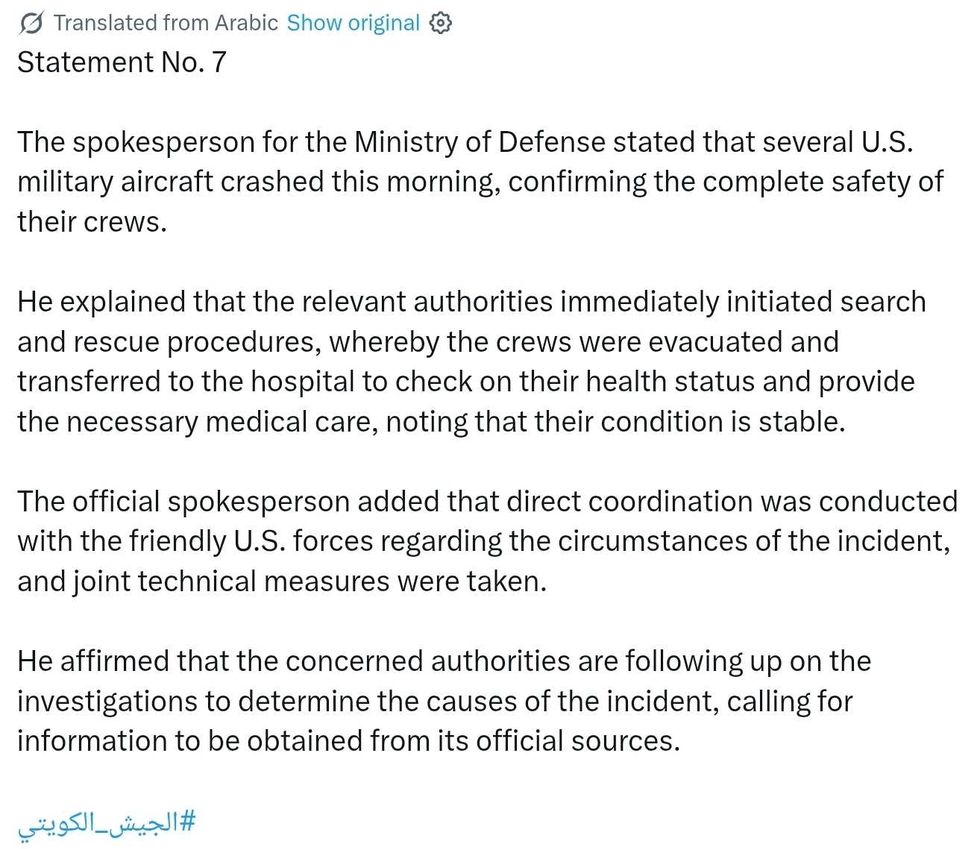
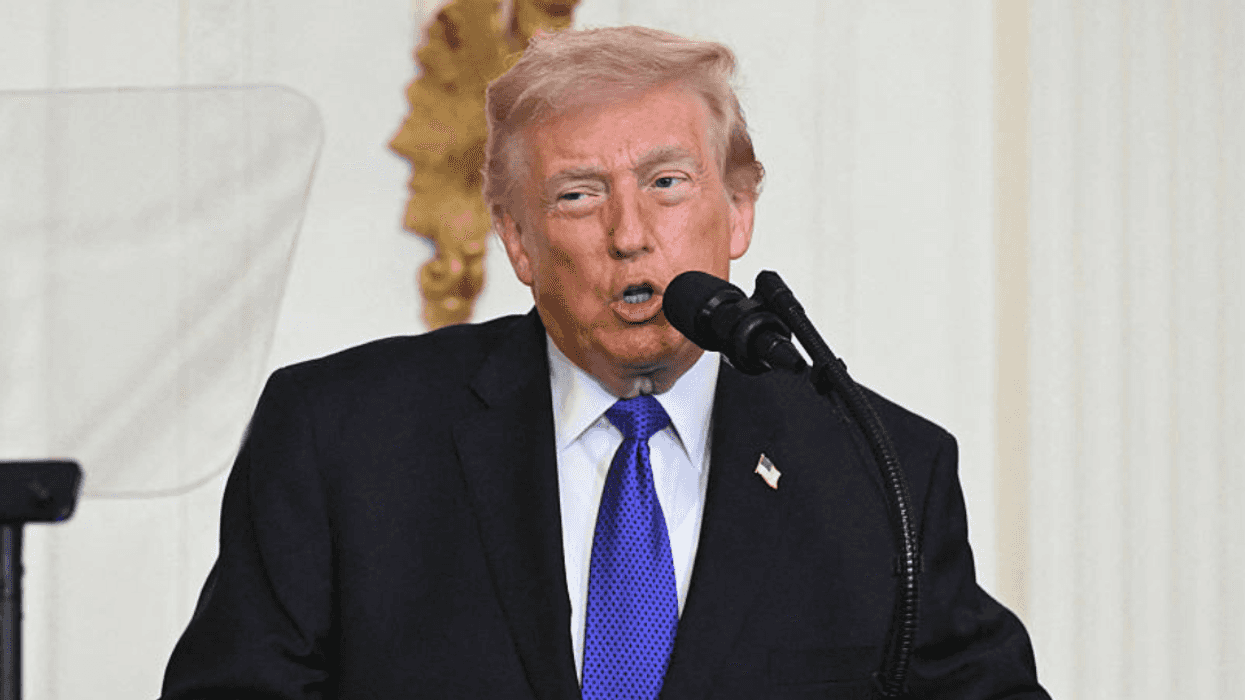
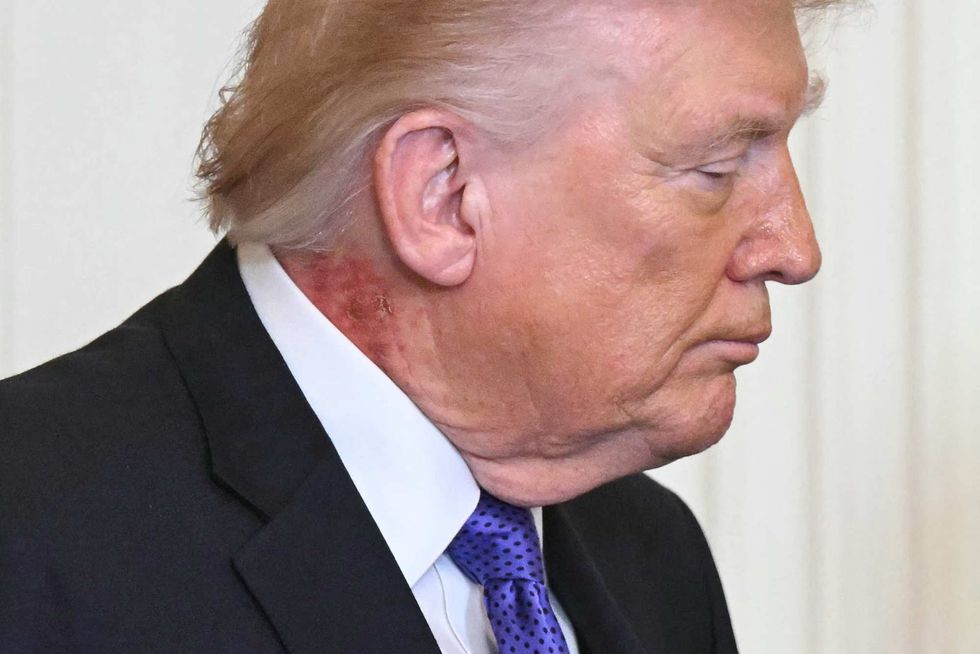 Saul Loeb/AFP via Getty Images
Saul Loeb/AFP via Getty Images